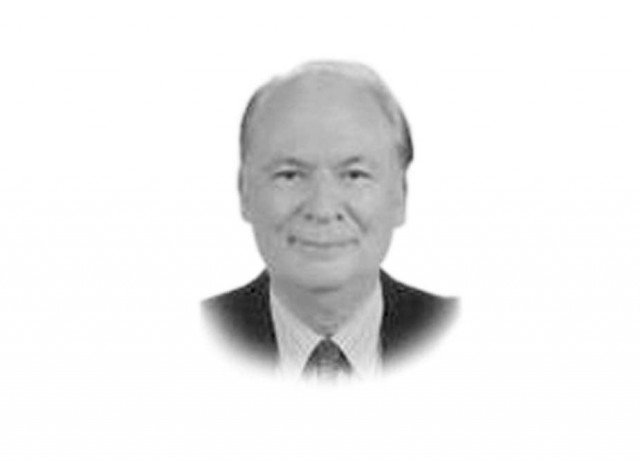Political dynasties in the subcontinent
150 MPs of world’s largest democracy were handed down parliamentary seats by their fathers, a couple of months ago.

anwer.mooraj@tribune.com.pk
There’s another common feature between the two countries, and this trait can also be found in Bangladesh and Sri Lanka: the existence of dynastic politics. There is the Nehru-Gandhi dynasty of India, the Zia and Mujib families of Bangladesh and the Bandaranaike family of Sri Lanka. In Pakistan, all political parties, with the notable exception of the Jamaat-e-Islami, have a dynastic hierarchy. The PPP, which still feeds on the Bhutto charisma, the PML-Q of the Chaudhry Brothers, the ANP of the Baccha Khan clan, the PML-N of the Sharif brothers, and other factions of the Muslim League are supreme examples of family rule, which inhibits the emergence of talent within the party. Imran Khan and Altaf Hussain pose something of an enigma as they don’t appear to have appointed any successors. And one wonders what would happen to their movements should they peg down from natural or unnatural causes.
The communist parties of India and the Bharatiya Janata Party, while they have their supporters, are not run as a family business, and switch leaders within the party. Many of the other groupings, however, are and the supreme example of this is the Nehru-Gandhi dynasty formed after the Partition of the subcontinent. At least, 150 MPs of the world’s largest democracy were handed down parliamentary seats by their fathers, a couple of months ago. A notable example is MK Stalin, the third son of Karunanidhi, the octogenarian president of Dravida Munnetra Kazhagam in the Tamil Nadu state. MK, who was born in 1943, the year Joseph Stalin of the Soviet Union died, was named after the communist leader who broke the back of the Nazis and won the Second World War for the allies.
After the death of the right wing leader of the Shiv Sena, Bal Thackeray, the party split into two factions. Uddhav, the founder’s son led one splinter group and his cousin Raj led another. A few years ago, trouble also brewed in Andhra Pradesh where the popular actor, the late NT Rama Rao, founder of the Telegu Desam Party, on a whim, wanted to hand over power to his newly-acquired wife Lakshmiamma. This was fiercely resisted by Chandrababu Naidu, his son-in-law, who eventually gained control of the party after the death of the matinee idol, and nobody heard of Lakshmiamma anymore. After Pandit Nehru abolished the jagirdari system in India, dynasties do not have feudal or tribal roots. Nor does religion have the same abiding grip on the popular imagination as in Pakistan.
Published in The Express Tribune, March 3rd, 2013.













COMMENTS
Comments are moderated and generally will be posted if they are on-topic and not abusive.
For more information, please see our Comments FAQ